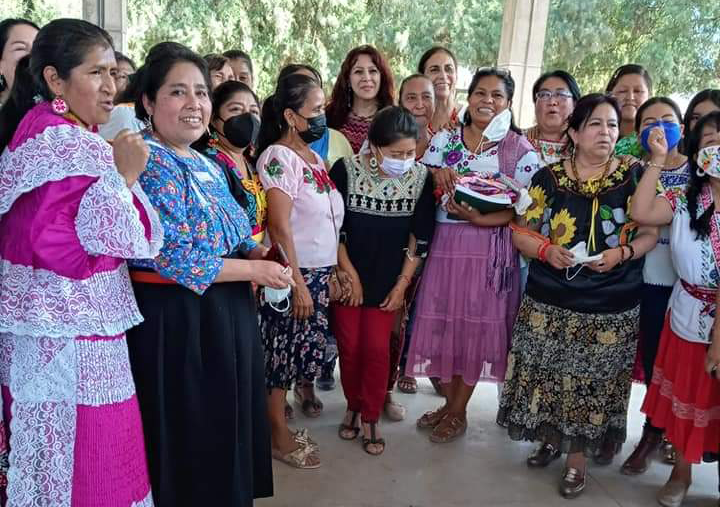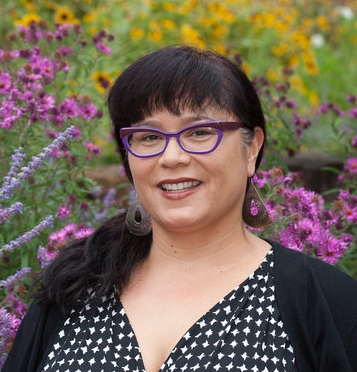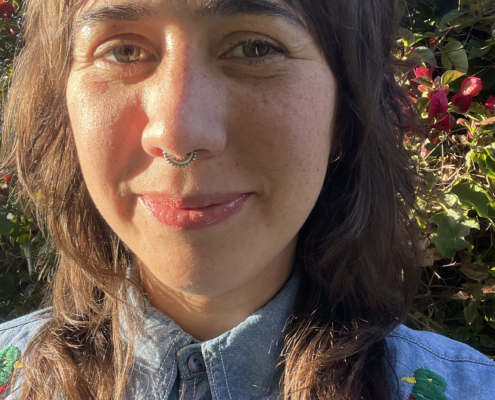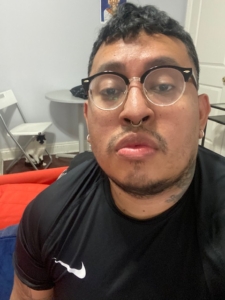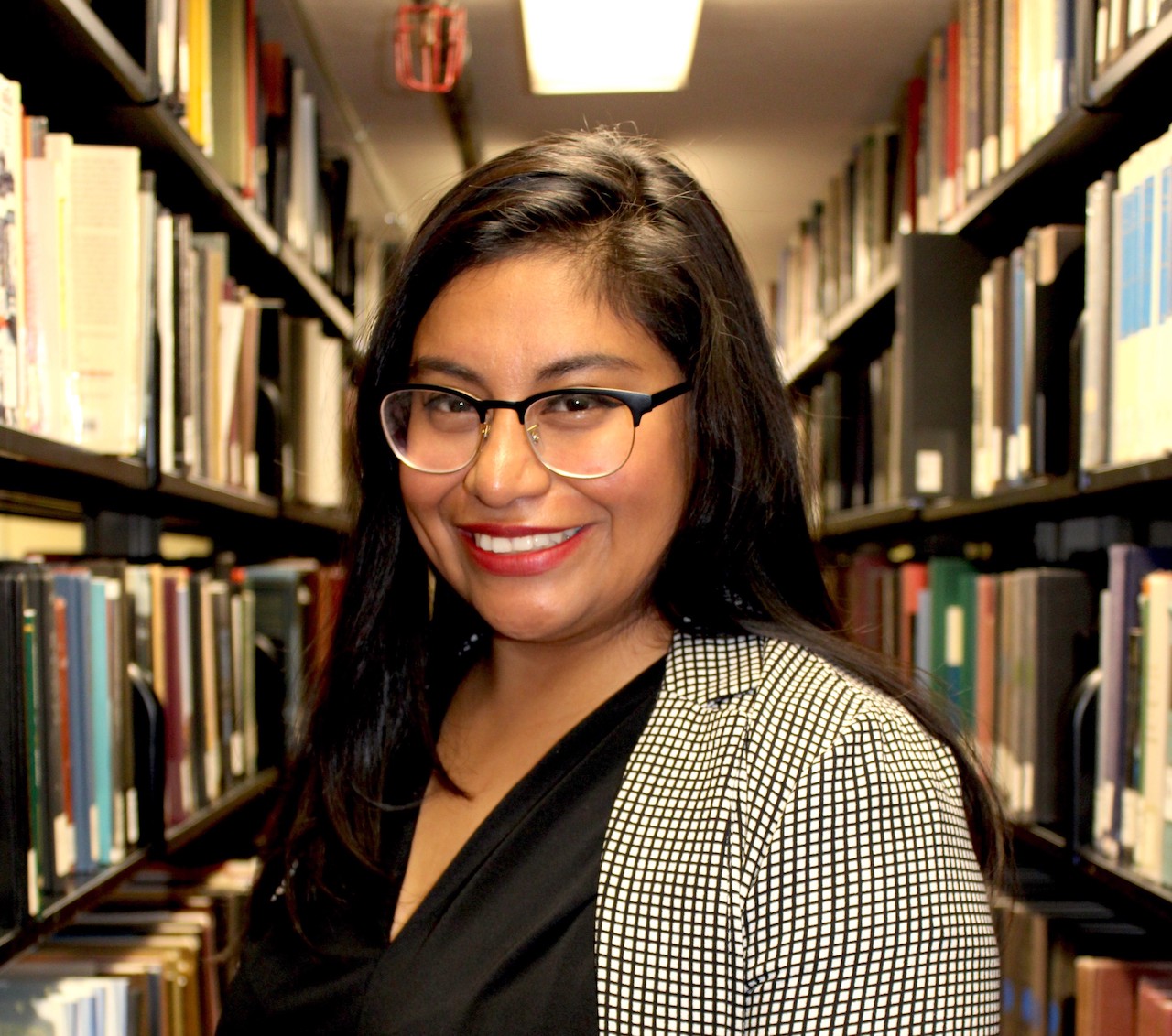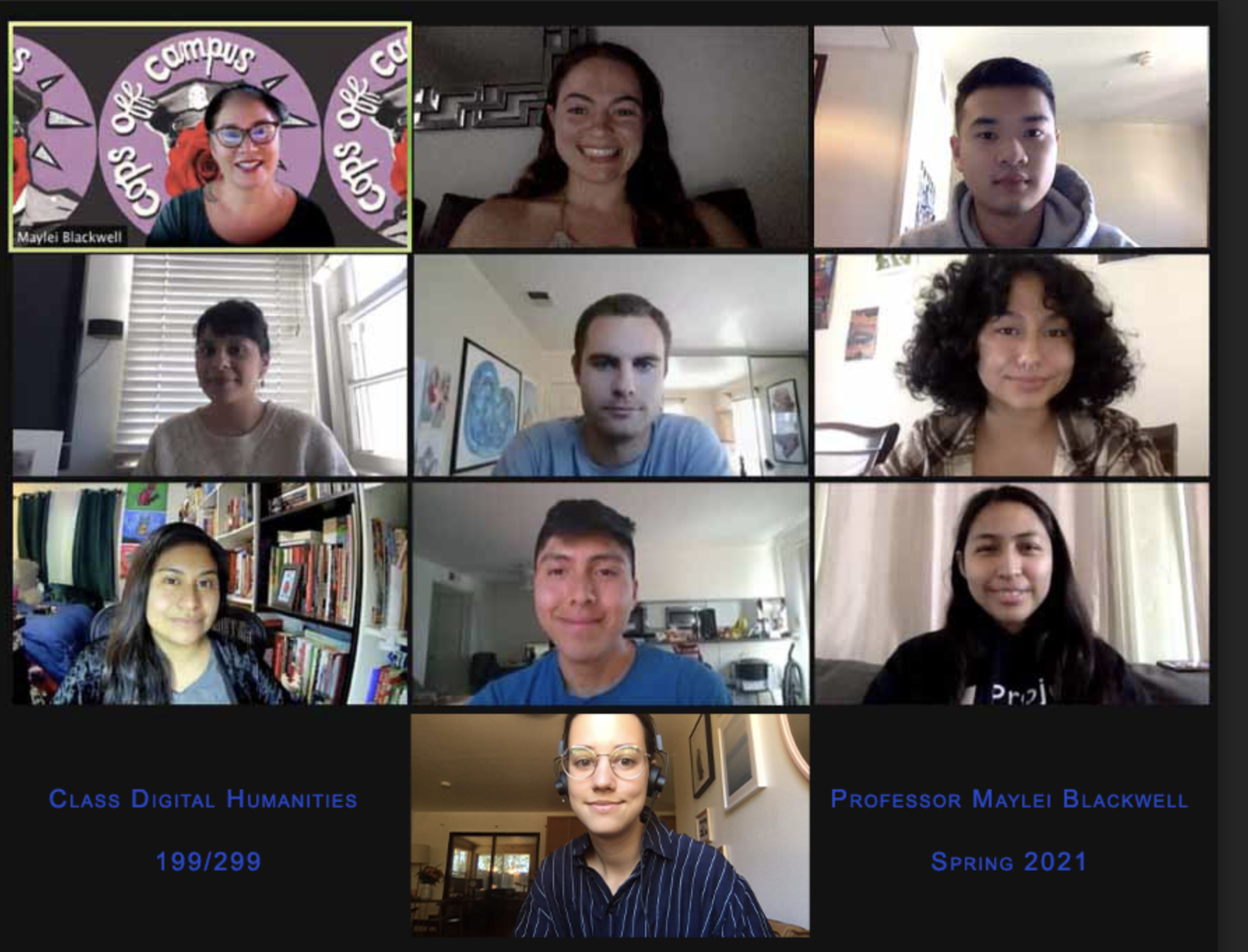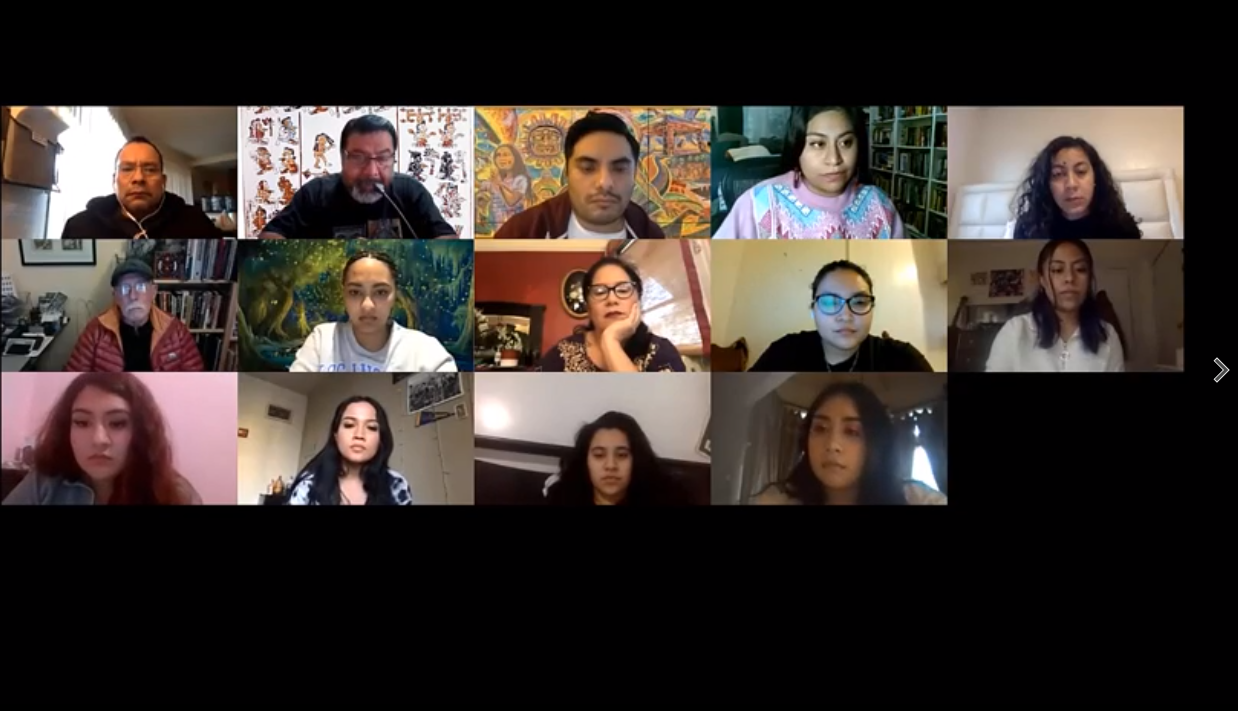****** This section will show up on screens bigger than 990. ******
This is being used as a note for people that are going to be working on this website in the future. This note shouldn’t show up anywhere on the website. Only viewable when editing.
DO NOT DELETE THIS PLEASE!!!
– Trinh via SSCERT WebTeam
About Us
About Us
Drawing on decades of community-engaged research with Indigenous communities and more recent work collaborating on community story mapping, Maylei Blackwell created the Mobile Indigenous Community Archive (MICA) as an Indigenous memory project in 2018. Working with Indigenous community organizers throughout 2019, they dreamt together to create the vision of the project. It soon became clear that their idea was not just a repository for memory, story, and knowledge, but rather a digital, community, and pedagogical space and process for multiple generations of organizers and knowledge holders to contribute, store, organize, and teach using their documents, videos, photographs, ephemera, and other collected materials.
Our first collections were processed by an innovative team of graduate and undergraduate students through our class, “Decolonizing Indigenous Community Histories and Archives,” and the initial pilot platform was built in a Digital Humanities capstone in 2021. Michelle Vasquez Ruiz, then a graduate research assistant, joined the project to share her expertise in digital curation and archival processing with students. Together, the team developed protocols on how to collaboratively work with Indigenous communities in caring for materials and designing digital spaces that reflected their visions of community. Seeing the impact this type of seed project can hold for other Indigenous communities, including her own Zapotec community, Vasquez Ruiz has since stepped up as a Project Director. She now works to manage current collections and develop protocols for future materials through the skills and experiences she gained in her initial role.
MICA has been crafted as a space to exchange knowledge, train and share skills. Collaborative, community-led archiving and curation guided by community protocols, needs, and visions has produced the Mobile Indigenous Community Archive as an online digital platform open to the public. We also offer training, research and labor to organizations and individual knowledge keepers to help them systematize, build, and digitize their collections as well develop metadata, curate, exhibit and distribute this memory work.

